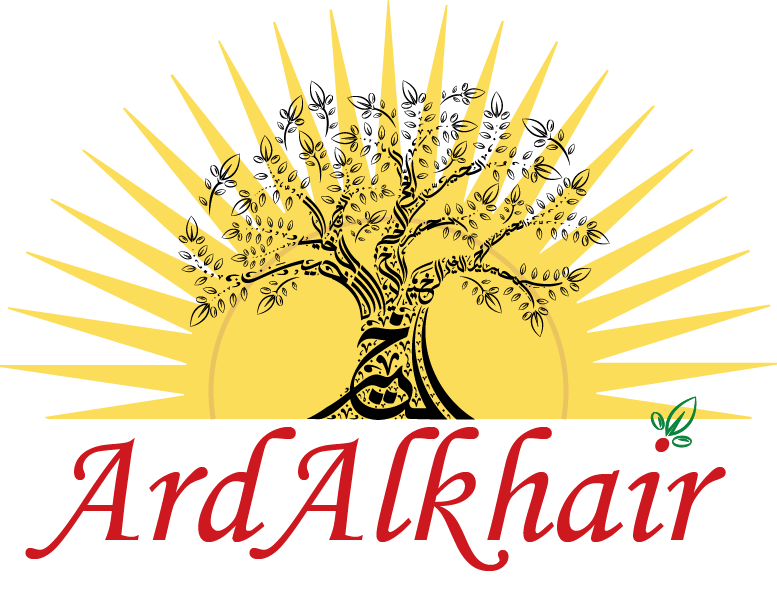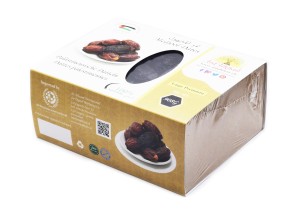- ArdAlKhair Products from Palestine
- Our articles
- 0 likes
- 23204 views
- 0 comments

Cultivated date palms have existed in Palestine for thousands of years. Being a tree of great economic value, and a great religious status, being a perennial tree, and its ability to withstand many climatic conditions, in addition to its ability to grow in saline soils, palm tree has gained the attention of the Palestinian farmer.
The Mediterranean climate conditions dominant in the area provide optimal conditions for growth and development of date palm.
Date palm cultivation is widespread in Palestine in the Jericho area, the Jordan Valley, and the Gaza Strip, especially in the cities of Deir al-Balah and Khan Yunis. Historically, the city of Jericho was called the "City of Palms". Because of the large number of palm plantations in it.
Date palm cultivation is the least labor-intensive crops, and the least labor-intensive crops. The tree needs three years to bear fruit, and after six years it reaches its peak. This sector, which was on the top of the Palestinian agricultural sector in the Jordan Valley, in terms of areas, water consumption, and agricultural labor absorption.
After 1967, considerable areas of the Jordan Valley were cultivated by Israeli farmers with new high-quality date palm cultivars including Medjool. The adaptability of the new cultivars and the use of advanced techniques for propagation and cultivation of dates produced crop of excellent quality and yield to supply local and international markets.
According to the Palestinian Ministry of Agriculture the cultivated area in the Palestinian valleys with palm trees is estimated at about 24 thousand dunums at the end of 2020 out of a total of 55 thousand dunums of land that Palestinians exploit in the Jordan Valley. This is a small fraction of 300 thousand dunums suitable for cultivation, but still unexploited. According to the statistics of the Palestinian Ministry of Agriculture, the number of palm trees by the end of 2020 was estimated at about 330 thousand trees, and the quantity of production of pure Palestinian dates until at about 12,800 thousand tons. The Palestinian local market in the West Bank and Gaza Strip consumes about 6,000 tons of dates annually. It was estimated that 60% of the Palestinian production of dates goes to the local market, and only 40% of the production is exported from the Palestinian Majool (Medjool) variety, where the per capita consumption is estimated annually at about 900 grams of dates.
The most important palm varieties cultivated in Palestine are Medjool, Al-Barhi, Elhayani. Medjool dates are one of the finest dates produced in the Palestinian, at the regional and international levels. Because it is grown in areas below sea level; It increases the percentage of oxygen, which gives it a distinct flavor and color.
According to Abu-Qaoud several constraints face date cultivation and development, including high investment costs, poor marketing, and inequitable competition with Israeli products, limited water, pests, and diseases. However, there is a trend by formal governmental agencies as well as by national NGOs to support the cultivation of date palms in Palestine. The Palestinian Ministry of Agriculture has initiated several programs to support date palm cultivation in the Jordan Valley since 2000 with local NGO participation.





Comments (0)